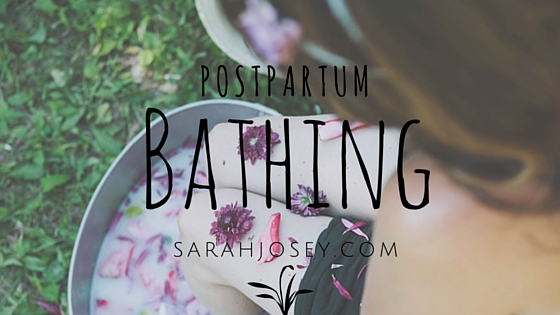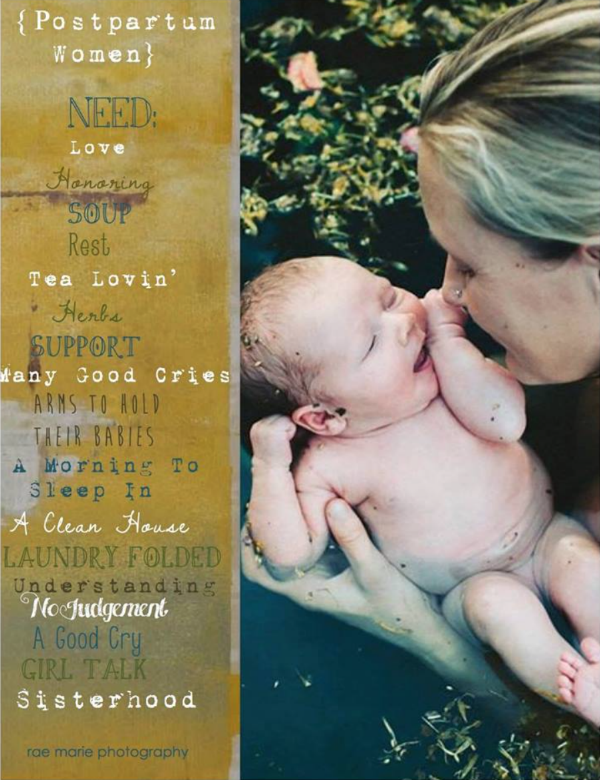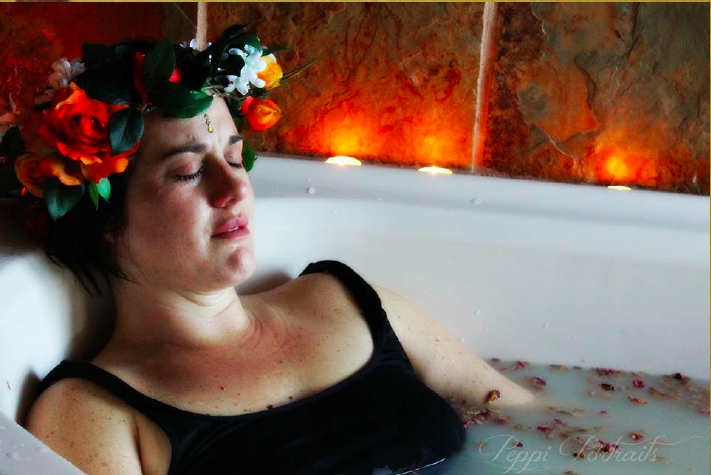
Written by Master Mother Roaster Sara Harkness
A mother roaster cleanses postpartum women.
After a woman births, she is open and raw and in need of a cleanse and ways to mark her transition from maiden to mother. In different parts of the world women are cleansed and bathed after major rites of passage including getting married and having a child.
Many cultures will wait to do this ceremony until day 30-44 after the birth, once mamma has had some time to heal from birth and bond with her baby. This is a part of our Mother Sealing package.
We come and prepare the space for you, drawing you a bath using our signature bath oil blend, light the room with candles, and allow to you spend some time in the tub with yourself, cleansing away all that has happened so you can move forward into the next phase of your life with a clean slate.
During this time we will watch over your little one, giving you some much needed alone time to truly be with yourself.
Afterwards you are given a cup of Bliss Giving Almond milk, and the rest of the ceremony continues.

The child bearing cycle begins with fertility, then blossoms into pregnancy, climaxes with birth and
culminates with recovery. In cultures that view pregnancy ending with birth leaves a woman’s experience of pregnancy “open ended” as there is no mental, emotional or spiritual closure of her experience.
Many cultures around the world do have sacred traditions and ceremonies surrounding the postpartum period. Women are honored in ways that recognize their rite of passage into motherhood, whether it is for the first time or for successive children. In cultures that have designated recovery periods a special ceremony marks the end of her recovery and her re-entrance back into society.
The most common closing ritual is a ceremonial bath, which both honors and recognizes a mama’s
strength and selfless sacrifice she went through to birth her child into the world. In Malaysia, there is an ancient ceremonial practice to end the postpartum recovery period on the 44th day after delivery.
The mother is given a floral bath with seven varieties of scented flowers, seven citrus limes, and rose water. The fragrant flowers symbolically wash away the scent of the blood, or lochia, which has been dispelled from the mama’s body for the past weeks, restoring her feminine aroma. Citrus limes are traditionally used for cleansing the body and spirit.
The rose water is added as the rose is attributed to femininity; and is a symbol of achievement, completion and perfection.

Each mama is considered “perfect” just as she is, even after birth when women do not feel particularly beautiful.
This special mixture is kept overnight and added together in a floral bath. The mama is bestowed with prayers for her health and strength. A traditional Malay closing bath starts with pouring water upon the feet and moves up slowly to the knees, thighs, abdomen, chest and lastly the head. After the bath, the mother will be given an exotic sweet scented floral herbal drink.
This final treatment is to welcome the mother to a new healthy harmonious life. Birth is a celebration and the primary person involved in the process, the mama, is honored for her achievement